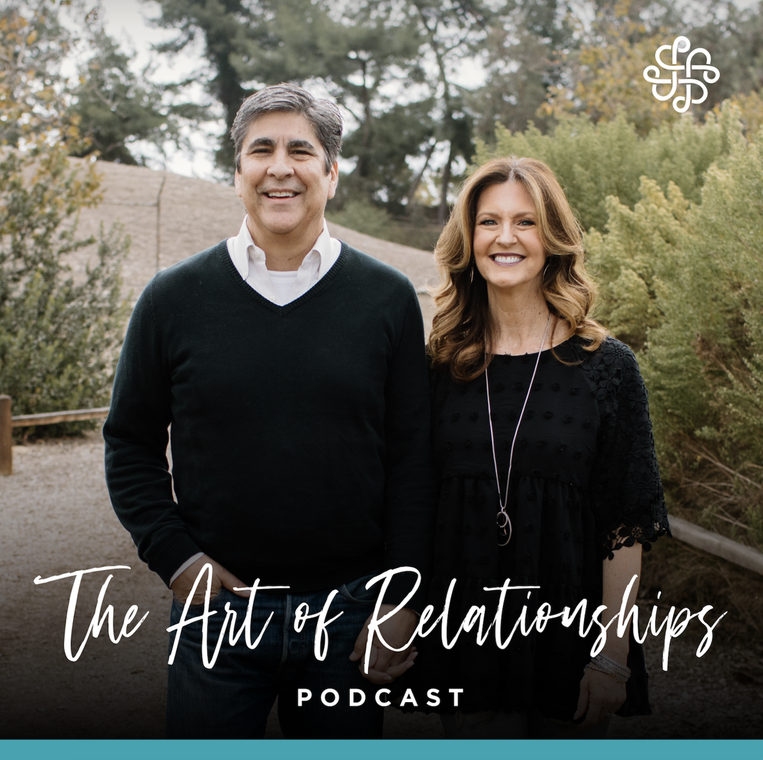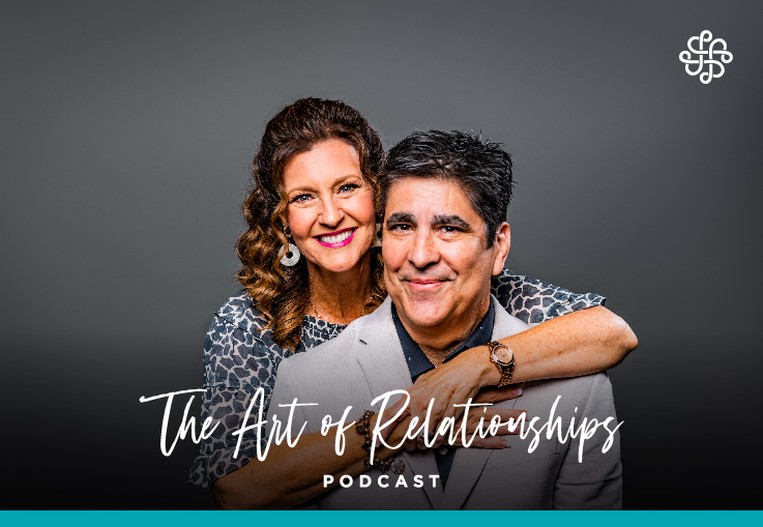Benefits To Being Alone In A Chaotic World
Tim Muehlhoff - November 19, 2019
Topic: Anxiety, Culture, Emotions, Technology

"Would you rather be alone with your thoughts for an extended period of time or receive a mild electric shock?"
If presented with that option, what would you take? While many of us think we’d take times of solitude, research suggests otherwise. Researcher Timothy Wilson, a social psychologist at the University of Virginia in Charlottesville, invited participants to engage in “thinking periods” where they would be alone in a room for 15 minutes. The room was sparsely furnished and individuals could not use any personal belongings—including cell phones. They were told to think about whatever they like. Half of the participants said that being alone with only their thoughts was not pleasurable.
Researchers then decided to offer a possible distraction for participants—a mild electric shock. If an individual wanted, he or she could self-administer a mild shock to distract from solitude. The results were troubling—67% of men and 25% of women chose the shock over sitting quietly. "What is striking,” notes one researcher, “is that simply being alone with their thoughts was apparently so aversive that it drove many participants to self-administer an electric shock that they had earlier said they would pay to avoid.”[1]
Our ability to be alone with our thoughts is further challenged by the mere presence of one item—a cell phone. In another study, undergraduate students were broken into different groups and given a project that demanded keen attention to details. While both groups were instructed to turn off cell phones, one group was asked to put phones away, while the other group could leave them on the desk. Though off, the group that had the cell phones in sight reported being significantly distracted by the mere presence of the phone! This group did markedly worse in the task than the group with cell phones out of sight.
While interesting, what do these studies mean for followers of Christ interested in forming meaningful, rather than self-centered relationships? One hallmark of authentic Christian relationships is consistently putting a friend or spouse’s needs above your own. “Do nothing out of selfish ambition or vain conceit,” admonishes the apostle Paul. “Rather, in humility value others above yourselves” (Phil. 2:3).
However, we are often blind to our own selfish inclinations. This is why the Scripture’s advocate regular times of solitude and self-reflection. Thus, David writes, “Search me, God, and know my heart” (Ps. 139:23).
However, are we comfortable being alone with not only our own thoughts, but the Spirit’s introspection?
The studies mentioned above seem to answer in the negative. In fact, many of us would rather experience an electric shock than being alone with our thoughts and God’s prompting. Additionally, when we do set aside time to “be still” (Ps. 46:10) with God and our thoughts, the cell phone sitting in our back pocket, or on the desk may short circuit concentrated attempts at prayer or mediation.
What’s to be done? In the second part of this blog I’ll explore how to recover the forgotten biblical discipline of solitude and how it can enrich our sense of self and our relationships.

Tim Muehlhoff
Tim is a professor of communication at Biola University in La Mirada, CA, and is the co-director of the Winsome Conviction Project which seeks to reintroduce humility, civility, and compassion back into our public disagreements. He is the co-host of the Winsome Conviction Podcast and his latest book is, Winsome Conviction: Disagreeing without Dividing the Church (IVP)

 Healing Conversations on Race, Part I (with Veola Vazquez)
Healing Conversations on Race, Part I (with Veola Vazquez)
 How Should Christians Engage with Cancel Culture?
How Should Christians Engage with Cancel Culture?